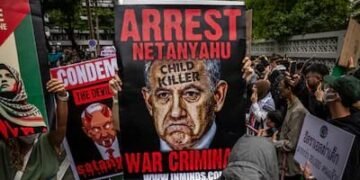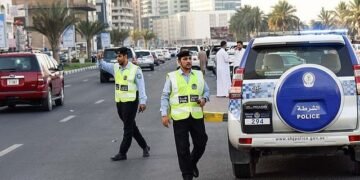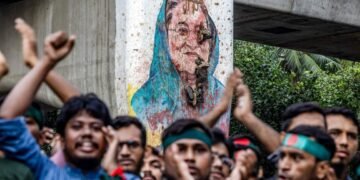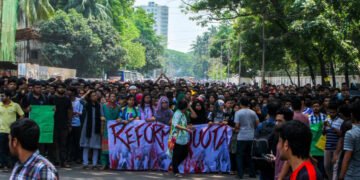Must treat dengue as public health emergency
The dengue outbreak appears to have been at its worst since started keeping epidemiological data on the disease in 2000. A total of 466 people died and 97,860 were sent to hospital this year while the total hospital admission was 1,01,354 in 2019. At least 7,895 dengue patients, including 3,691 in Dhaka, were in hospital on August 19. Directorate General of Health Services data show that dengue outbreak this year has so far been the worst in 23 years. Yet, experts fear that the worst is yet to come and urge a scientifically informed and aggressive programme to destroy Aedes mosquito larvae, the vector for the disease. The pre-monsoon Aedes survey 2023 reported that mosquito density in Dhaka is at its highest in five years. Therefore, the current situation is undoubtedly a result of the government’s inaction as the threat of a dengue outbreak during the monsoon season has always been there and it did not come without warning.
There are a number of failures on part of the government that have resulted in this high-risk situation. The government’s dengue prevention plan is flawed and ill-timed because the ideal time to destroy larvicide is March–May. Entomologists are concerned that the fogging methods and chemicals used to control larvae and adult mosquitoes are not effective. The hand-held foggers used by city authorities to eliminate the larvae is not as effective as the vehicle-mounted foggers.
On August 19, the Bangladesh Vector Management Group blamed the government and city authorities for their insincerity and termed the programmes unscientific and a mockery of public health.
City authorities are informed of the inefficacy of the larvicide in use as Dhaka’s north mayor, after visiting the mosquito-eradication programme in the United States, in January said that the methods of killing mosquitoes in Dhaka city were wrong. In public hospitals, treatment facilities are also inadequate. Many district hospitals are facing a dengue testing kit shortage as the health services directorate general could not ensure a timely supply amidst a surge in infection.
Therefore, immediately abandon its strategy of denial and declare the dengue outbreak a public health emergency. It must allocate resources to district and upazila hospitals for dengue tests and treatment. In urban areas that are worst affected, there should be a dengue ward in all public hospitals and, if needed, makeshift emergency medical facilities should also be there. The government should subsidise dengue treatment, make tests free for working class people. It must also take urgent steps to control the breeding of Aedes and redouble its efforts in mosquito control, including action against non-compliant house owners and other authorities, a routine drive to clean canals and other water bodies and a systematic use of insecticides to kill the larvae.









































































